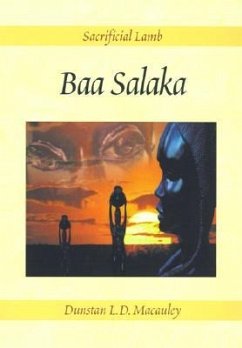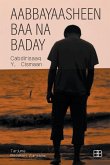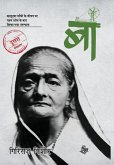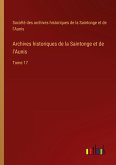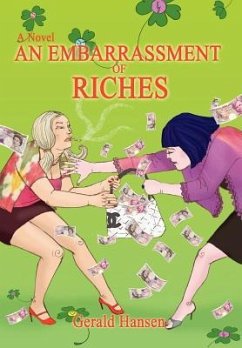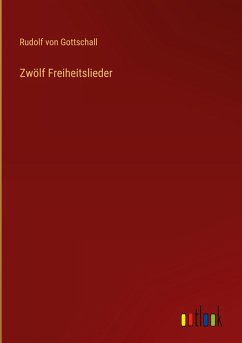The book begins with a Prologue. A prominent settler legislator as far back as the 19th century foresees the development of tribal problems in Liberia. He is against the apprenticeship program for civilizing the natives because he sees it as a transplant from America to Africa of the slave/master relationship. So set is his mind against it that when he contracts malaria, from which he eventually dies, he relates, in his delirious state, the happening of a whole century later. One hundred years later, while cleaning out his study, his great, great, grandson, Edward, comes across the manuscript, in the form of notes the legislators daughter had taken. The story Aaron Ashe is a prominent businessman residing in the city of Monrovia. His main holding is an oil palm plantation and a piggery that he has developed some way outside the city. He makes regular visits to his farm, not only to work, but many times to entertain foreign business associates. On these occasions, the workers on the farm, who are all indigenous people, marvel at the apparent wealth of the white people. Eleven year old Fahn Tamba, son of the headman on the farm, realizes that his own people: his mother, his aunt, other relatives, could be just as beautiful and civilized as the foreign ladies and the settler ladies who come up from Monrovia. The fact that they are not is because nobody has given them the opportunity to better themselves. He and his older cousin resolve to do something about this. The crux of the matter, he decides, is to get an education. After discussing this with his parents, Mrs. Tamba asks Mr. Ashe to assist; in effect, to take the boy to Monrovia as an apprentice in his home. Mr. Ashe agrees. Arthur Duncan, a soccer star, is the son of a preacher in Grandcess, a typical coastal town in Liberia. Not being blessed with direct settler involvement, the citizens are not as privileged as the people in Monrovia are. They have, however, evolved into a sort of middle class society. Being originally of indigenous stock but now educated, mainly through the efforts of missionaries, are not fully accepted into the settler elite. Arthur is concerned about the lack of organized commercial activity among the Liberian people in his area. His concern is further enhanced by the visit of a preacher from the United States of America. He resolves to go to Monrovia and attempt to find the answers to some of his questions. Having just graduated from high school, and with no colleges in his area, it was not difficult for him to convince his father to let him attend the University of Liberia in Monrovia. In Monrovia, the eldest son of Aaron Ashe is also a soccer star who has just graduated from high school. He and Arthur Duncan play on opposite sides of a major tournament. Later, they find themselves classmates at the University of Liberia and a strong friendship develops between the two young men. Through this, Fahn gets to meet Arthur who he had admired ever since he saw him play in that soccer tournament. At the University, there are many students from the interior who are children of the indigenous people. Being away from home and having very little or no money at all, life is very difficult for these young people and making ends meet is a daily struggle. In complete contrast is the plight of the Monrovia students. More often than not their parents are a part of the establishment. They live at home, wear nice clothes, have three square meals a day and always seem to have money to do the things they want to do. The students from the interior relate this directly to their origin and feel that the Government treats their people, and hence them, as second class citizens by not providing much needed opportunities in the interior. Because there are no recreational facilities o
Hinweis: Dieser Artikel kann nur an eine deutsche Lieferadresse ausgeliefert werden.
Hinweis: Dieser Artikel kann nur an eine deutsche Lieferadresse ausgeliefert werden.

